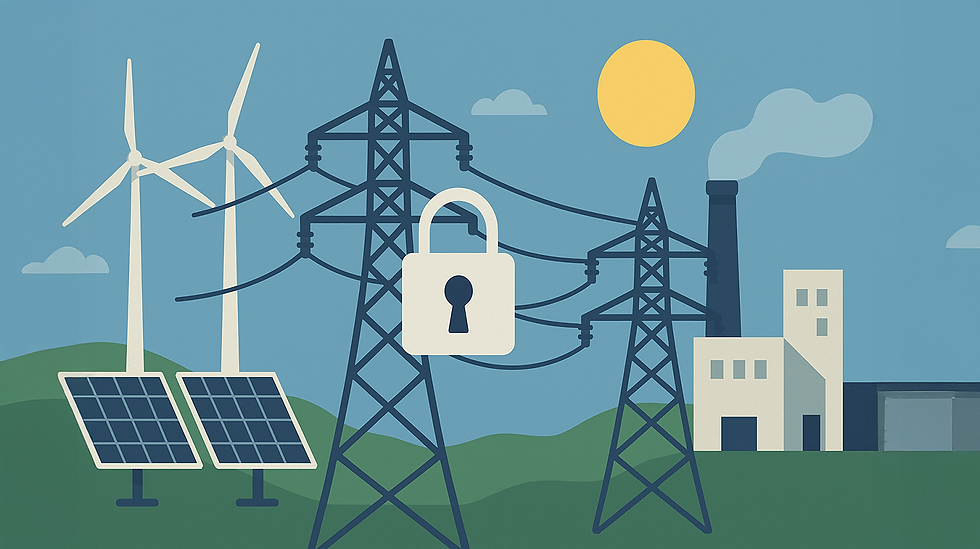Florida's Marine Ecosystem in Hot Water: The Impact of Record-Breaking Gulf Water Temperatures
- Yaein Choi

- Aug 1, 2023
- 3 min read

Florida, known for its stunning coastline and diverse marine life, is experiencing unprecedented challenges due to the record-breaking water temperatures in the Gulf of Mexico. As global climate change intensifies, the Gulf's waters are warming at an alarming rate, causing cascading effects on Florida's marine ecosystem. In this blog post, we will delve into the consequences of rising water temperatures on coral reefs, marine species, coastal habitats, and the livelihoods of communities that depend on the health of the Gulf's marine environment.
In recent years, the Gulf of Mexico has witnessed record-breaking water temperatures, surpassing historical norms. This rise in temperatures is a result of climate change, driven by the accumulation of greenhouse gases in the atmosphere, primarily from human activities. The warming trend is amplified by natural climate variability and is impacting marine environments across the Gulf, including Florida's coastal waters.
Florida's coral reefs are iconic and vital ecosystems that support an array of marine life. Unfortunately, the record-high water temperatures are placing immense stress on these delicate organisms. When water temperatures exceed their thermal tolerance, corals undergo a process known as coral bleaching. This occurs when symbiotic algae within corals are expelled, leading to a loss of color and nutrients. If temperatures remain high for extended periods, corals can die, causing significant damage to the biodiversity and resilience of the entire reef ecosystem.
Florida's coastal waters are home to an abundance of marine species, including fish, sea turtles, marine mammals, and various invertebrates. However, the warming Gulf waters are causing shifts in species distribution and behavior. Some warm-water species are expanding their ranges northward, while others are seeking refuge in deeper, cooler waters. At the same time, cold-water species are struggling to adapt and may face declines or even local extinctions.
These shifts in marine species can disrupt existing ecosystems and the balance of predator-prey relationships, affecting fisheries, tourism, and the overall health of the marine ecosystem.
The warming Gulf waters are also impacting Florida's coastal habitats, such as seagrass meadows and mangroves. Seagrass beds are essential nursery grounds for many marine species and play a vital role in water quality and sediment stabilization. However, rising temperatures can lead to stress and decline in seagrass, resulting in habitat loss for juvenile fish and other marine organisms.
Similarly, mangrove forests, which protect coastlines from erosion and storm surges, are facing increased vulnerability. As sea levels rise due to climate change, the combination of warmer waters and stronger storms poses a serious threat to these critical coastal habitats.
The health of Florida's marine ecosystem is closely intertwined with the well-being of coastal communities that rely on fishing, tourism, and recreation. With the decline of fish populations, commercial and recreational fishing industries may face significant challenges, affecting local economies and livelihoods.
Additionally, Florida's tourism industry, which heavily depends on the state's pristine beaches and marine attractions, could suffer from declining coral reefs and degraded coastal environments. This has broader implications for the state's economy and the well-being of coastal residents.
Florida's marine ecosystem is facing a crisis due to the record-breaking water temperatures in the Gulf of Mexico. The warming trend is taking a toll on coral reefs, marine species, coastal habitats, and the communities that depend on these precious marine resources. Urgent and collaborative action is needed to address the root causes of climate change, reduce greenhouse gas emissions, and protect marine environments from further harm.
By implementing sustainable practices, promoting marine conservation efforts, and investing in climate-resilient infrastructure, we can help Florida's marine ecosystem adapt to the changing conditions and safeguard its biodiversity for future generations. It is only through collective efforts, awareness, and responsible environmental stewardship that we can preserve the natural beauty and ecological integrity of Florida's coastal waters in the face of record-breaking water temperatures.



Comments